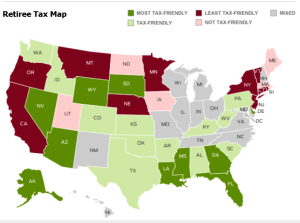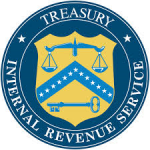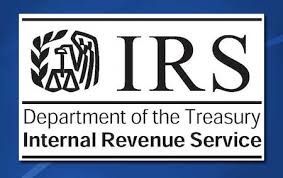What Do You Need To Consider When Planning Retirement?

When is the best time to get serious about retirement planning? Some say it’s the 50’s. And guess what, it’s not all about you. It’s about your parent’s too. “It’s important to talk openly with your parents about their financial position and plans,” said Matthew Saneholtz, a certified financial planner with Tobias Financial Advisors. “Be sure your parents have an estate plan in place and long-term care coverage, or at least a picture of their final stages of life, because it might affect you,” he said. “If you know your parents don’t have the money to pay for care on their own, are you willing to use your own savings to help them? Will they rely on Medicaid? Will you take care of them in your own home? These are questions you need to think about, as they could become your dependents.”
Source: Your 50s Is the Time to Get Serious About Retirement Planning“.
Individual Retirement Arrangements (IRAs)
Roth IRAs
401(k) Plans
403(b) Plans
SIMPLE IRA Plans (Savings Incentive Match Plans for Employees)
SEP Plans (Simplified Employee Pension)
SARSEP Plans (Salary Reduction Simplified Employee Pension)
Payroll Deduction IRAs
Profit-Sharing Plans
Defined Benefit Plans
Money Purchase Plans
Employee Stock Ownership Plans (ESOPs)
Governmental Plans
457 Plans
409A Nonqualified Deferred Compensation Plans
Help with Choosing a Retirement Plan
We do more than just tax preparation. US-TaxLaws is your best source for professional tax preparation and/or financial consulting services that include:
Personal Tax Preparation Business Tax Preparation Partnership Tax Preparation
Corporate Tax Preparation Incorporation-Choice of Entity Business Support Services
Corporate Compliance Audit Representation Retirement Tax Planning Wills & Trusts, Estate Planning Bookkeeping Payroll


 Methodology
Methodology In 2015, Various Tax Benefits Increase Due to Inflation Adjustments
In 2015, Various Tax Benefits Increase Due to Inflation Adjustments
 IRS cost‑of‑living adjustments affect dollar limitations for pension plans and other retirement-related items for tax year 2014.
IRS cost‑of‑living adjustments affect dollar limitations for pension plans and other retirement-related items for tax year 2014.  The budget deal that Congress and President Obama struck at the beginning of the year to avoid the fiscal cliff resulted in seven tax increases. If you throw in the six tax hikes that are part of Obamacare, that means there are 13 new taxes that may have hit you in 2013.
The budget deal that Congress and President Obama struck at the beginning of the year to avoid the fiscal cliff resulted in seven tax increases. If you throw in the six tax hikes that are part of Obamacare, that means there are 13 new taxes that may have hit you in 2013. Retirement is one of the big questions Boomers are facing and keep these thoughts in mind when planning.
Retirement is one of the big questions Boomers are facing and keep these thoughts in mind when planning.